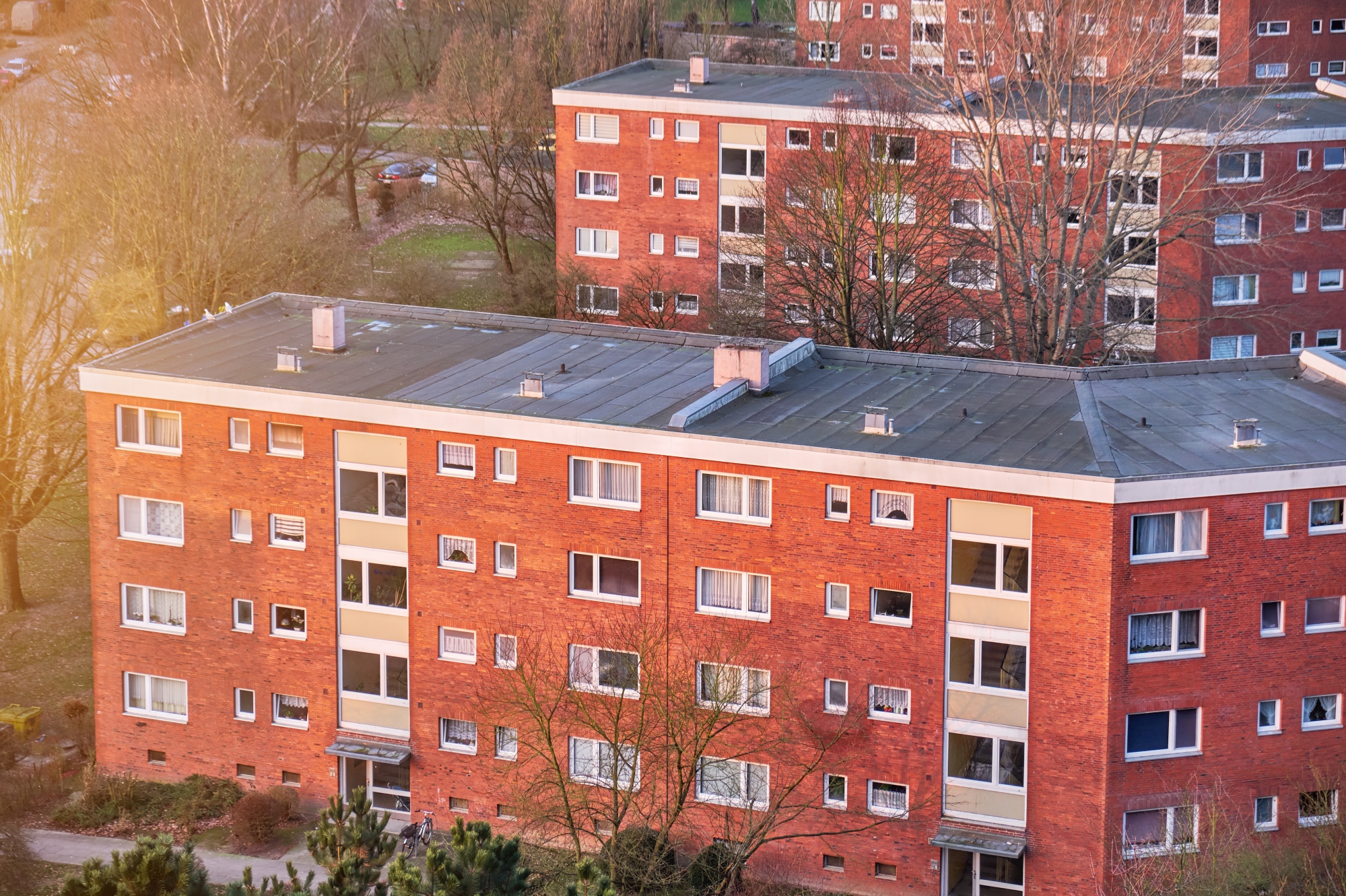An Interview with Debbie Cercone
An Interview with Debbie Cercone
By Rob Kirsic
January 2023
Debbie began her career in 1990 with the Ministry of Community and Social Services where she held the positions of Team Social Worker, Program Analyst, Project Manager and Program Supervisor supporting individuals and families with disabilities, child and youth mental health, young offenders violence against women and children’s treatment centres.
In 2006, Debbie started in the role of Executive Director of Housing and Children’s Services with the City of Windsor responsible for housing, homelessness, child care and early years and emergency social services and held this position for over 15 years until her retirement in 2022. She lead a small but mighty team whose work included many major accomplishments including but not limited to the implementation of a housing first program for people experiencing chronic homelessness; the creation of the Home Together, Windsor Essex’s 10 Year Housing and Homelessness Master Plan; expansion of EarlyOn programs to ensure that families/caregivers in each Best Start Neighbourhood have access to an EarlyOn program in their community; and expansion of supportive housing for youth experiencing homelessness.
Debbie is grateful to have been part of leading an amazing team and support people in need in Windsor and Essex County for almost 16 years.
Debbie is also one of the recipients of the 2022 OMSSA Lifetime Achievement Award. OMSSA sat down with Debbie to discuss human services, her career, and involvement with OMSSA.
This interview has been edited and condensed.
OMSSA: Human services delivery between more than one level of government brings challenges and opportunities, especially as governments and priorities change over time. In your experience, what should human services staff know and think about when it comes to the relationship between the province and municipalities as it relates to the delivery of human services?
DC: Because municipal staff can work with the federal and provincial governments in addition to their own local government, it would be important to consider the priorities that are set out by the higher levels of governments. These can be found by reviewing mandate letters for ministries, municipal, provincial and federal budgets, economic statements, and strategic plans. Depending on the issue, sometimes it would be helpful to review the Hansards of the legislature and parliament when an issue is raised with the government. These documents can assist in setting your strategic goals for the delivery of services.
 Maintaining an open line of communication and positive relationships with your regional ministry offices is also an important tool to assist with supporting the delivery of human services. I would ensure that when an issue is brewing in my community to advise the relevant Ministry of the issue and our response. It would also be important to be open to their feedback as well on the issue.
Maintaining an open line of communication and positive relationships with your regional ministry offices is also an important tool to assist with supporting the delivery of human services. I would ensure that when an issue is brewing in my community to advise the relevant Ministry of the issue and our response. It would also be important to be open to their feedback as well on the issue.
Ensuring the involvement of OMSSA, AMO and FCM in issues related to programs and funding is important to support their advocacy on human services issues. Participation in provincial and federal committees and forums is a good way to bring issues forward and to inform future program and policy direction. Keeping up on what best and promising practices that are in place in other areas and ensuring that research and evaluation form part of your work so that the programs that are in place in your community are evidence-based and achieving outcomes.
OMSSA: Speaking of OMSSA, you served the Association in various capacities to collaborate with other levels of government. In your opinion, and based on your experience with OMSSA, what are some of the priorities the Association should focus on in the next few years?
DC: There are a few areas of focus:
Child Care:
The implementation of the Canada-Wide Child Care and Early Learning Plan will require a significant amount of resources, not only for the existing spaces but for the expansion of spaces to meet the federal targets. It would be important for OMSSA to work with CMSMs and DSSABs to get a pulse on their administrative capacity to support the expansion work and the capacity of the child care sector to expand.
Housing and Homelessness Master Plans:
These will need to be renewed in 2024. Since the initial plan was developed, the demands in both sectors have increased significantly. There should be dialogue with the Province in terms of what these plans will identify in communities and how the Province is going to respond prior to the five-year review of these plans.
Homelessness:
Advocacy is needed on the need to integrate health supports into the delivery of homelessness services. In addition, there needs to be a priority in the expansion of supportive housing. It cannot be done at the local level; it needs to be provincially directed to all of the ministries that are involved.
 Housing:
Housing:
Supportive housing with robust participation of the health care sector needs to be a priority for all levels of government. Many of the individuals who are currently experiencing homelessness, who are using shelters, cannot resolve their homelessness without supports. And, at this time, the current system cannot respond to this need, and these individuals continue to rely on the most expensive components of the system to meet their needs. Youth, people who are victims of trafficking and violence, the LGBTQ+ community, and the Indigenous community, are highly impacted by the lack of supportive housing.
OMSSA: Looking back on your career to date, are there one or two achievements that stand out to you? What are they and what makes them stand out to you?
DC: One of the achievements is the implementation of the Housing First Model in 2015 that helped to house people who were chronically homeless. To date, this program which includes outreach, housing, support workers, and intensive support workers, has supported 300 individuals to attain and retain their housing.
Another achievement is the creation of the Windsor Essex 10-Year Housing and Homelessness Master Plan, and the implementation of the recommendations including:
- Bringing to fruition the first dedicated shelter for families.
- An expansion of women’s shelter beds.
- The expansion of dedicated youth supportive housing programs that will add almost 30 new units that are dedicated to youth.
What makes them stand out is that they have helped people who are the most vulnerable in our community who would have not had the opportunity to be housed or to access supports.
OMSSA: Is there anything else you would like to share with our members that I did not ask about?
DC: The work that you do is important for the overall well-being of our clients and the community. When we are overwhelmed with the mountain of issues that are before us, keep in mind that the services that we offer are impactful to the lives of people that we support no matter how big or small.
What I have learned these past 16 years is that the delivery of human services has to be done in a collaborative, integrated approach with all sectors working together to meet the complex needs of the people who rely on services.
OMSSA: Thank you, Debbie.
About the Author

Rob Kirsic is the Communications and Member Engagement Manager with OMSSA. Rob started with OMSSA in 2021 and has over 14 years of communications and public relations experience in the private, public, and not-for-profit sectors.
